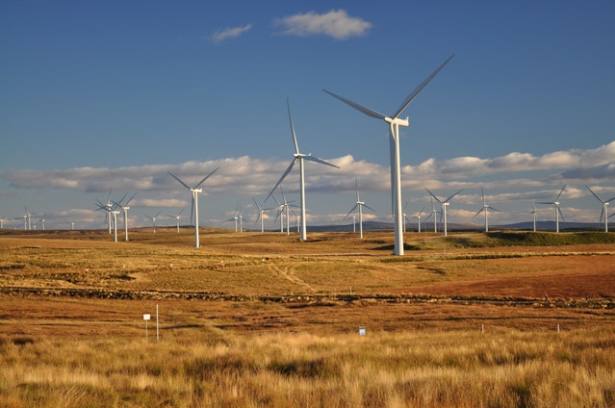
If you had to associate a particular demographic with responsible investing, you may instinctively think of millennials. But earlier generations are also considering values alongside potential returns.
Cleona Lira, a chartered financial planner at Celtic Financial Planning, who counts ethical investments among her areas of specialism, says she has a “great number” of older clients who are “very interested” in sustainable investing.
And climate is the biggest factor on the minds of both younger and older clients, says Lira.
Jeannie Boyle, executive director and chartered financial planner at EQ Investors, likewise sees an interest in sustainable investing among those who are “definitely not millennials”.
“I work with a number of typical retiree clients, all the way up into their 80s, who care very passionately about the impact that their investments have on the world. I’ve worked with people in their 60s who have very high thresholds for including certain companies in a sustainable portfolio.
“There’s always degrees to which people want to influence their portfolio and set out ideas or thresholds for inclusion, but caring about climate change and making sure investments are sustainable from that perspective is common across the generations.”
So why might we typically associate younger generations with responsible investing?
Louis Williams, head of psychology and behavioural insights at Dynamic Planner, refers to the concept of psychological distance.
“It’s similar if we think about views on climate change. The more we might distance ourselves from the benefits of a company managing their risks, the less we might act.
“So that might be a reason why it’s suggested that older generations may not want to act, because they feel that the benefits of them doing this are actually for future generations, and not necessarily for their own.”
Williams also says that any generational differences may be due to greater choice in ESG-related investments today.
“Those differences may be because there is more available now, when that younger generation is starting to invest. There’s more funds that have those ESG factors already being taken into consideration, [compared to] 50 years ago or so when the older generations may have started to invest.”
An activist vs pragmatist approach
Clémence Chatelin, head of sustainable investments at Paradigm Norton, says millennials can be more proactive in asking about responsible investing.
But she adds: “We’ve just started talking to the bulk of our clients about it, and depending on what their views are, generally they’re very open as well.
“I tend to find that with more senior clients, they would probably ask a lot more of the questions about returns first, before making their decision.”
Implementation is another potential difference between generations, Chatelin says.
“When you get to clients who are more wealthy, and that tends to be older clients, then you look at investments that have tax advantages, such as enterprise investment schemes.”









